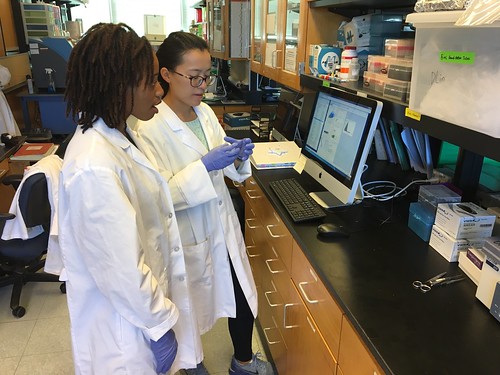
Diabetes is the 7th leading cause of death in the United States, yet many are not aware that they have the deadly disease—or that it may be stalking them.
Worldwide, about 366 million people (about 5.2 percent) have diabetes. According to the Centers for Disease Control and Prevention (CDC), the situation is even worse in this country: About 9.3 percent (29 million people) have diabetes. The American Diabetes Association (ADA) reported that in 2015 diabetes was the underlying cause on nearly 80,000 death certificates, and a contributing cause on over 172,000 others. Non-Hispanic black, Hispanic, and American Indian/Alaska Native adults are about twice as likely to have diagnosed diabetes as non-Hispanic white adults.
If the trend continues, the CDC predicts that one-third of Americans will have diabetes by 2050.
Costs associated with diabetes are just as daunting: To date, $176 billion was spent for direct medical costs, and reduced productivity has cost the U.S. economy another $69 billion. The affliction can lead to a number of other health issues, including foot problems, blindness, and kidney and heart disease.
The World Health Association and the International Diabetes Foundation established Nov. 14 as World Diabetes Day in 1991. The event is the world’s largest diabetes awareness campaign, and promotes the importance of coordinated multinational action to confront diabetes as a global health issue.
USDA’s National Institute of Food and Agriculture (NIFA) is a leader in the global fight against diabetes, with research and consumer education projects spanning all 50 states and U.S. territories. NIFA-funded projects include:
- The University of California San Diego’s School of Medicine was awarded $3.4 million to implement a multi-tiered food incentive and education program with a supermarket chain that has 41 stores in low-income, food-insecure areas of Southern California. This market was selected due to its proximity to low-income Latino neighborhoods, where food insecurity is high. In the project’s first year, 1,154 people have signed up for cooking demonstration classes, healthy food shelf-labeling, and other nutritional education.
- Penn State Extension received a $295,000 grant to establish “Dining with Diabetes,” a community-based initiative that reached 46 Pennsylvania counties. Extension educators brought nutrition and health classes to 2,880 people. Half of the program participants reported improved blood sugar levels in their HbA1C readings, 33 percent reported eating more fruits and vegetables, and 17 percent exercised more.
- Oklahoma State University researchers are using a $150,000 grant to examine the health benefits of whole eggs in improving insulin resistance and lowering blood glucose in type 2 diabetes. The promising results show that eating the equivalent of an egg a day significantly reduces inflammation, cellular oxidative stress, and decreases fasting blood glucose in type 2 diabetic mice.
The statistics may be daunting, but you can make a difference. Learn about disease and how to prevent or control diabetes at the CDC, the ADA, or your own physician.
NIFA invests in and advances agricultural research, education, and extension and seeks to make transformative discoveries that solve societal challenges.
